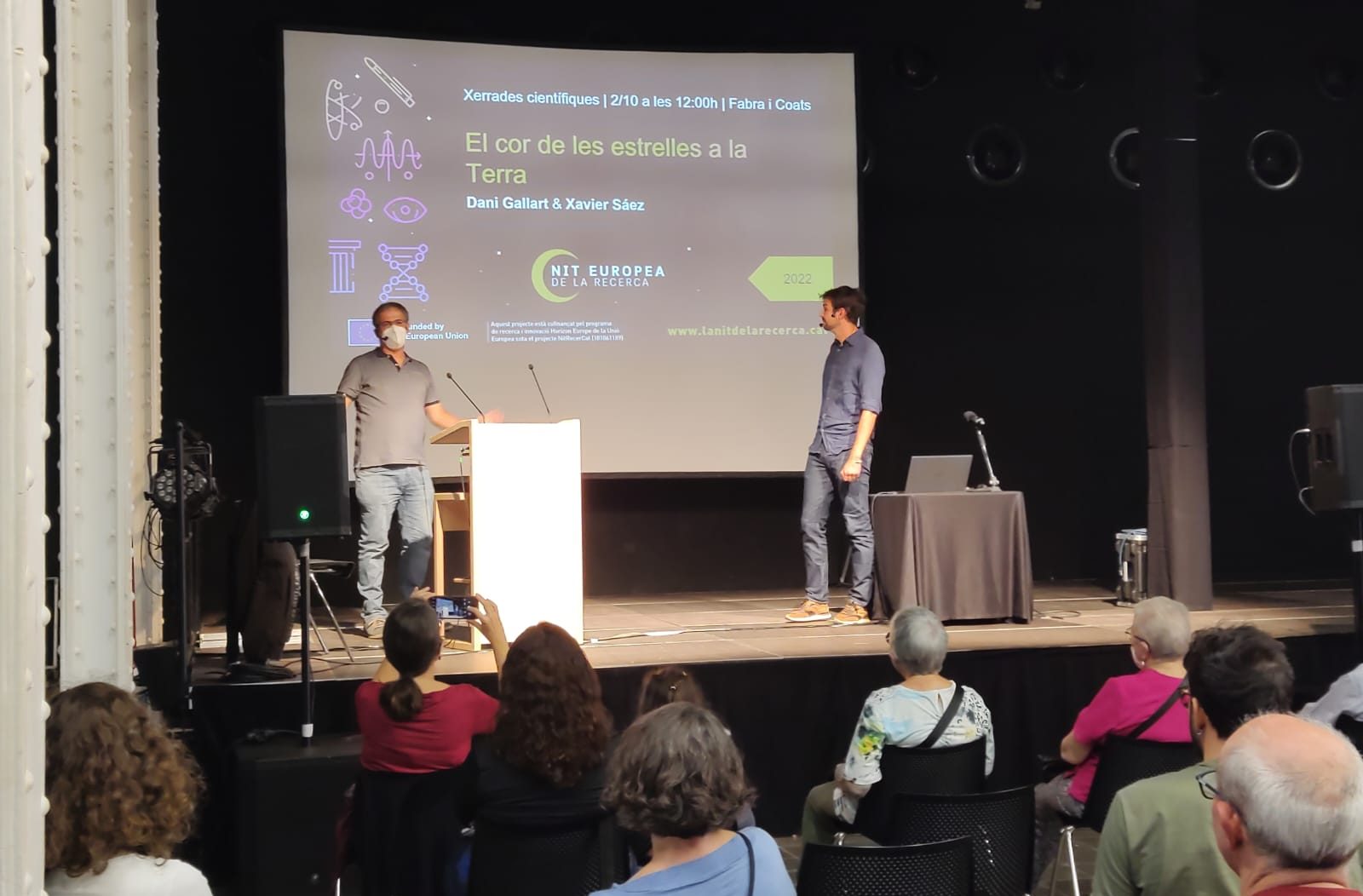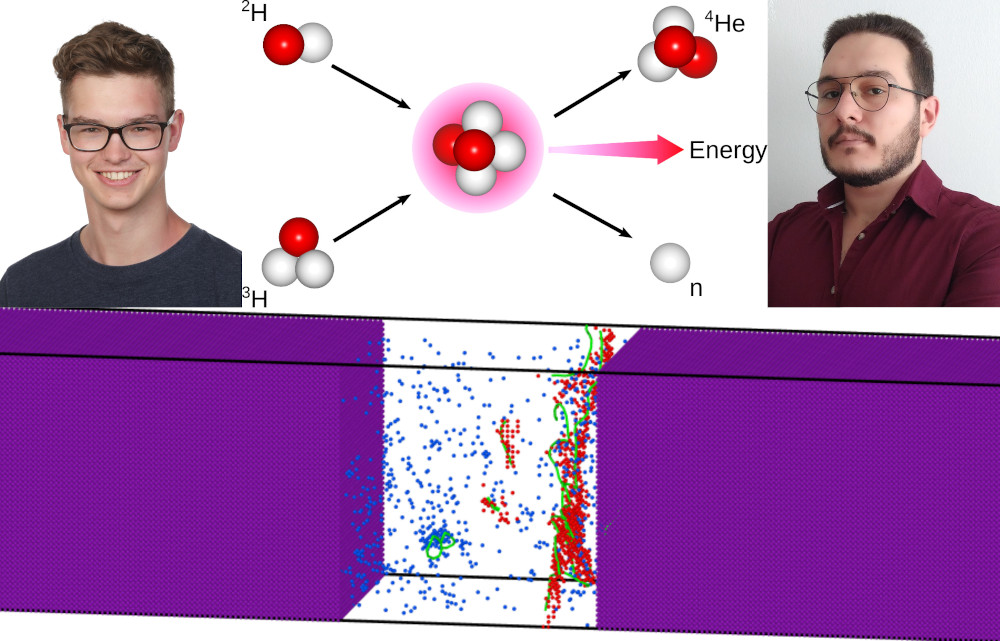
We are Guillem and Ruth and during this summer we have been working in the Fusion Group in the frame of BSC International Summer HPC Internship Programme and, in this post, we are delighted to share with you our experience.
Our supervisor during the internship was Dani Gallart, who introduced us to the basics of Fusion and, more specifically Ion Cyclotron Resonance Heating during the first weeks through some books and papers as well as personally explaining to us several concepts. Of course, he guided us through the whole project and provided us with the necessary advice when dealing with the simulation codes.





